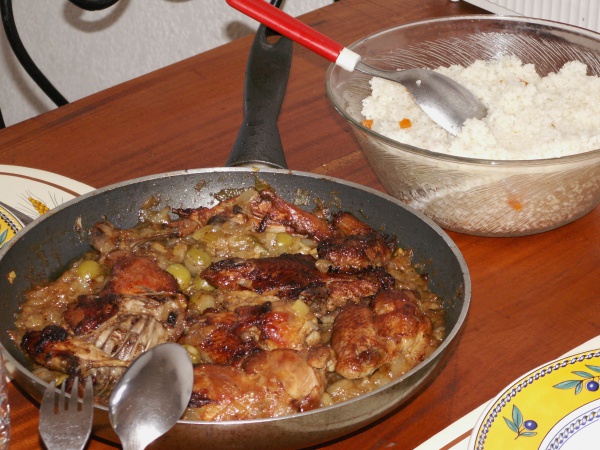Facts About West African cuisine
West African cuisine is a vibrant and diverse culinary tradition encompassing the 16 countries in the region. Many families in West Africa grow and raise their own food, with each member playing a specific role in the process. Indigenous foods, including various plants and animals, are essential for those who depend on farming and hunting for their livelihood.
The rich history of West Africa has significantly influenced its cuisine. Over the centuries, interactions with different cultures introduced new ingredients that have become staples in national dishes. For instance, European explorers and traders brought chili peppers, corn, and tomatoes from the New World, now integral to West African cooking. Despite the impacts of colonization and food migration, West Africa has preserved its strong culinary traditions.
Key ingredients in West African cuisine include tomatoes, onions, chili peppers, palm nut oil, shea butter, and various grains and seeds like sorghum, millet, and egusi. While spices like ginger, coriander, and thyme are used sparingly, chili peppers are cherished for their strong flavors and heat. Seasonings such as Guinea pepper and sumbala are widely employed across the region.
Common vegetables in West African dishes include black-eyed peas, eggplant, and okra, along with starchy tubers like cassava and yams. Meat, particularly seafood along the coast, serves as a significant source of protein. Dishes like fufu, groundnut stew, and Jollof rice highlight the diversity and rich flavors of West African cuisine.
Palm wine and millet beer are popular beverages, and dining in West Africa is often a communal experience, with people using their fingers to eat. Water also holds special ritual significance in many West African cultures.
Each West African country has its unique culinary traditions, with distinct styles and dishes. For more detailed information on each country's cuisine, you can explore articles on Benin, Burkina Faso, Cape Verde, the Gambia, Ghana, Guinea, Guinea-Bissau, Ivory Coast, Liberia, Mali, Mauritania, Niger, Nigeria, Saint Helena, Senegal, Sierra Leone, and Togo.

 Libya
Libya